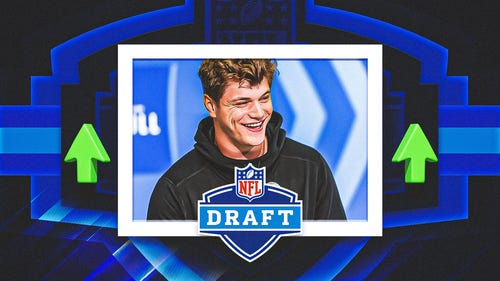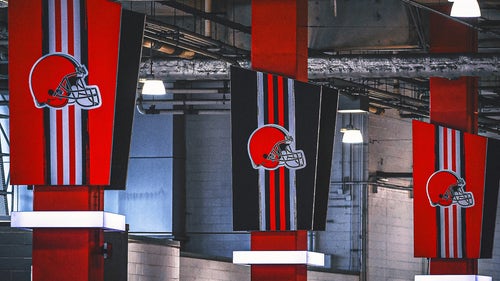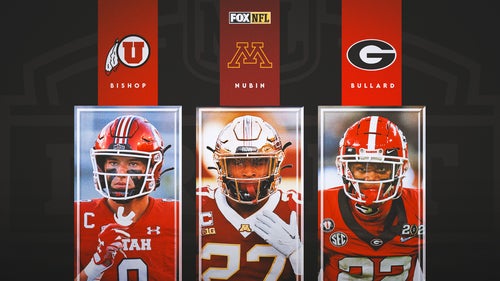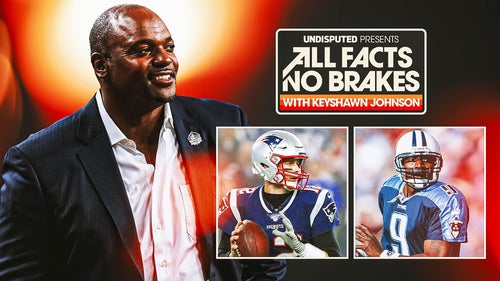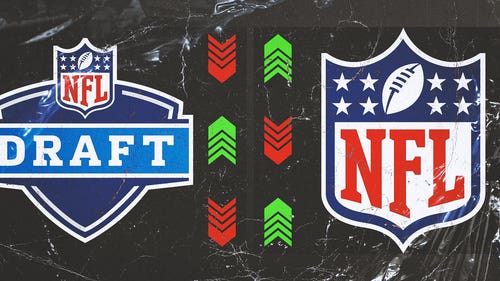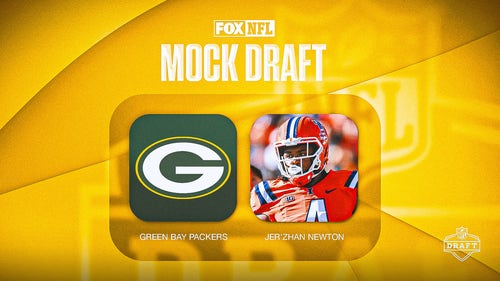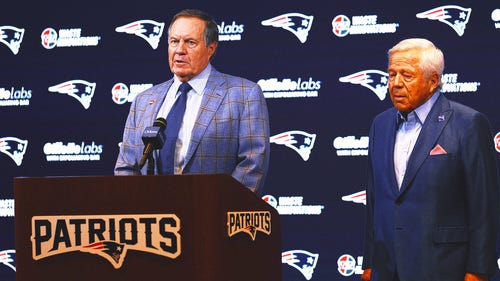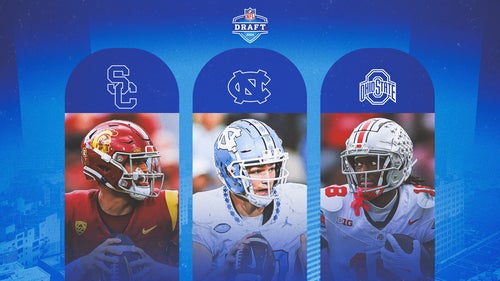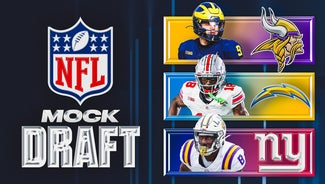
As lockout goes on, insurance big issue
The question seemed simple enough. You represent a NFL superstar, a guy who is worth millions on and off the field. Does he purchase $200,000 worth of insurance right now to protect his future earning power during the NFL lockout?
“If you had $25 million in the bank, what would you do?” was the super agent’s reply. “Would you buy insurance against your next $20 million or risk it?”
I might roll the dice, something that David Boies, the NFL’s lead attorney, likes to do in his spare time.
Like most of us, it is difficult to wrap your brain around having lottery-like money in your bank account. But any football player with the potential to earn $8 million a season for the next five to six seasons, it seems like the prudent thing to do. Protect yourself against a catastrophic injury which would jeopardize that future earning power.
Granted, little is that simple during these NFL lockout days. It’s called “24-hour insurance” and the usual fee is 3 percent of the player’s projected future income during these dog days of team inactivity.
A player may not be allowed to rehab or train at his customary practice facility, with his team doctors and trainers, but that doesn’t mean he’s been taking these last few weeks off, getting soft and flabby. He needs to work out and maintain his strength. And if anything bad happens, the 24-hour insurance will guarantee his earnings in case he suffers a knee injury or tears a shoulder labrum lifting weights, or gets injured in a car accident and is unable to play this season -- if there is a 2011 season.
The insurance definitely makes sense for those conservative players. Maybe they like playing tennis with the wife and friends and suddenly tear an Achilles. They would be covered.
Yes, there are a lot of what-ifs. And players are no different than many others in deciding what course of action to take. Heck, I’ve even heard that hundreds of players have allowed their health insurance to lapse, believing that the lockout (and loss of benefits) won’t last too much longer. No COBRA plans for them. The Bears’ Craig Steltz took advantage of returning to his parents’ health coverage because he’s less than 26 years old.
A lot depends on how lucky you feel. And also how much money you have. Or don’t have. And whether or not you listen to the advice of your financial advisor; the conservative ones buy some sort of insurance.
Steelers All-Pro safety Troy Polamalu, one of the game’s most feared and physical players, did buy insurance to protect his extended family just in case of an accident. Of course, Polamalu is one of Pittsburgh’s highest-paid players who also turns 34 this month.
Former quarterback Chad Pennington, who suffered an ACL tear playing basketball last month, had health insurance. But he had no contract as a player for this season, and now his playing career is in such jeopardy that the Miami Dolphins, rightfully so, are thinking about hiring him as a coach whenever everybody goes back to work.
The wording in NFL contracts already forbids players from engaging in hazardous activity like bungee jumping, snow skiing and car racing. However, the contract language is deliberately vague in order to protect the club from any player’s foolish antics and an injury that could jeopardize a signing bonus payment, a huge roster bonus payment, etc.
These are definitely uncharted waters for many NFL players who are used to refining their game in the offseason and never really worrying about their health. Their biggest previous fear was about their job status and maintaining their starting positions. And it isn’t necessarily the affordability of the policy that swings a player one way or the other, but his mindset on whether or not it’s a worthwhile financial risk.
With both sides seemingly intent on gaining a significant edge in the courtroom, the next mediated negotiating sessions will be crucial. Remember, the players only gained free agency via Judge David Doty’s courtroom and it may take a similar pro-player judicial ruling to significantly budge the NFL owners.
But court rulings, and the possible appeal process, takes more time than either side may care to admit. For the first time, I’m hearing talk of a partial NFL season, something like the 1981 season when seven regular-season games were lost during the league’s first work stoppage. I don’t believe that many games would be lost, but who really knows.
Both sides could agree to go back to work and play games minus an agreement, something that happened for five seasons until the players won free agency in Doty’s courtroom in 1992. What was remarkable about that was that the union eventually agreed on a salary cap system and many restrictions to free agency, like franchise and transition tags, that upset many a player to this day.
One of the major problems proceeding without an agreement and playing football this season is that the owners may subscribe to the notion that players aren’t free until after six years of service. That would upset hundreds of players looking to score big contracts.
Everybody was hoping for a definitive “lockout” ruling from Judge Susan Nelson this week and it didn’t happen. Meanwhile teams are extending season-ticket renewals for 2011 and fans are holding back, waiting for something positive to happen.






































































































































